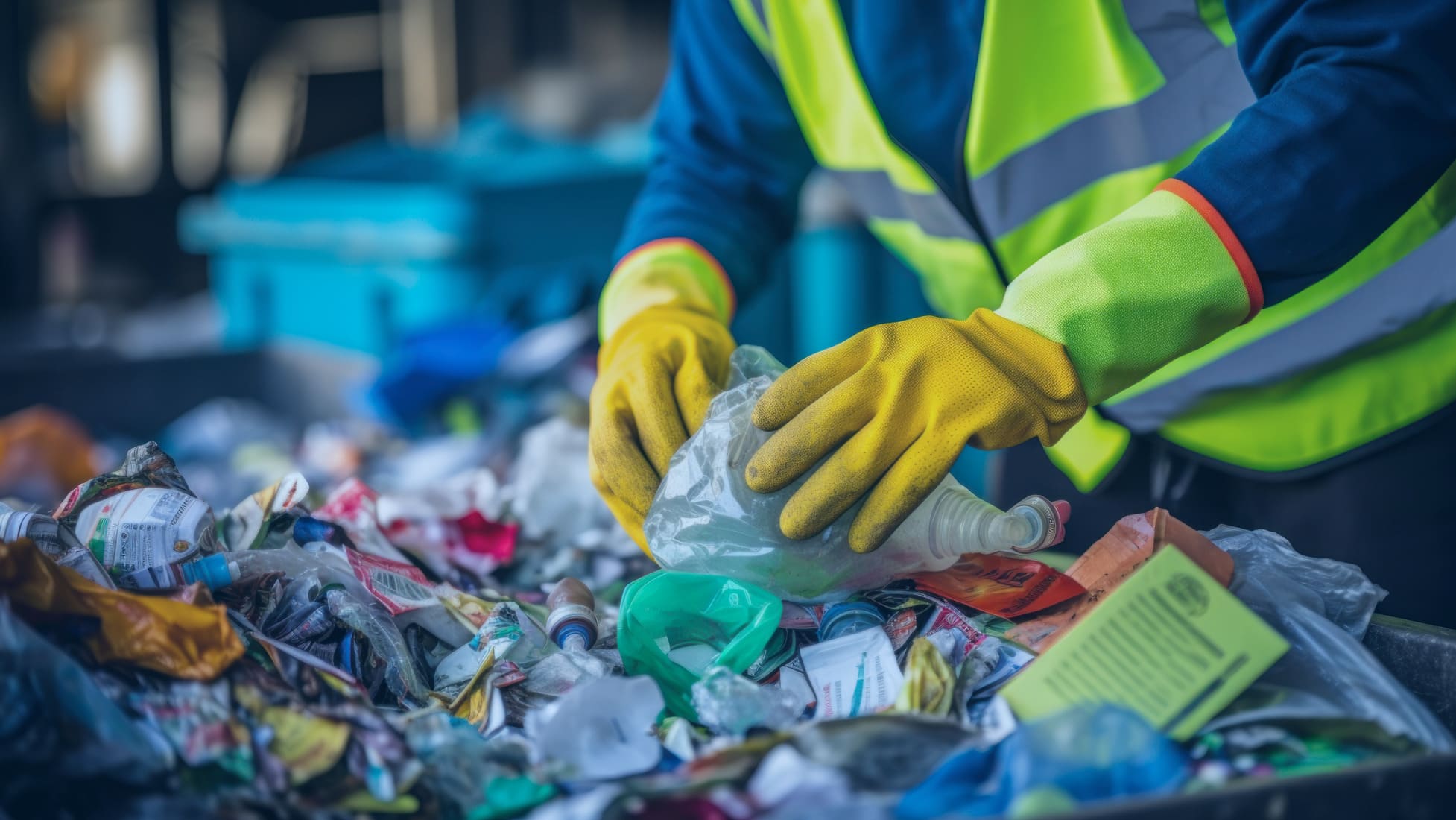
Effective waste management is essential for businesses of all sizes, not only to comply with regulations but also to minimize environmental impact and operational costs. Choosing the right waste management solution requires careful consideration of several factors tailored to your specific business needs. This article will help you navigate and select the best waste management solution for your business.
Table of Contents
1. Assess Your Waste Generation
Begin by assessing the type and volume of waste your business generates daily. It is important to identify whether it’s:
- Primarily recyclable materials
- Organic waste
- Hazardous substances
- General waste
Understanding your waste stream is essential as it dictates the type of waste management services and solutions you will require.
2. Understand Regulatory Requirements
Familiarize yourself with local and federal regulations governing waste management. Compliance with these regulations is non-negotiable and varies depending on your industry and location. Ensure any waste management solution you consider meets or exceeds these regulatory standards.
3. Evaluate Environmental Impact
Consider the environmental impact of your waste management practices. Choose for solutions that prioritize recycling and sustainable disposal methods. Look for certifications or initiatives that demonstrate a commitment to environmental responsibility.
4. Determine Cost-Effectiveness
Evaluate the cost-effectiveness of different waste management solutions. Compare pricing structures and any additional charges for specialized waste streams. Also, you need to balance cost considerations with the potential savings from recycling initiatives or reduced waste disposal fees.
5. Choose Between In-House or Outsourced Solution
Decide whether to manage waste internally or outsource to a waste management service provider. In-house management offers control and customization but requires infrastructure and expertise. Outsourcing to a specialized provider can streamline operations and ensure compliance but may involve contractual commitments and service-level agreements.
6. Consider Waste Minimization Strategies
Implementing waste minimization strategies alongside waste management solutions is important. This should include:
- Reducing waste at the source
- Promoting recycling material
- Educating employee
Proper waste disposal practices not only integrate waste minimization, but create efforts to enhance sustainability and efficiency in waste management.
7. Evaluate Technology Innovation
When it comes to evaluate technology innovation, it is important to explore technological advancements in waste management form like from the Enovate Group, such as:
- IoT-enabled bins for real-time monitoring
- Waste-to-energy technologies
- Advanced sorting and recycling systems
By adopting these innovative solutions, you can improve efficiency and sustainability outcomes for your business.
8. Review Service Provider Reputation
Research the reputation and reliability of waste management service providers. Always seek recommendations and inquire about their track record in handling similar businesses or industries. Also, choose providers known for responsive customer service and transparent reporting.
9. Plan for Scalability and Flexibility
You need to anticipate future growth and changes in waste management needs. That’s why it is important to select solutions that are scalable to accommodate increased waste volumes or changes in waste composition. Plys, you need to make sure of the flexibility, in order to adjust services based on seasonal fluctuations or evolving regulatory requirements.
10. Educate and Involve Strategies
Get everyone involved in managing waste at your business, by teaching employees and suppliers how to sort and throw away waste correctly. Ask for their ideas and work together to make waste management better over time. This teamwork will help your business reduce waste and be more environmentally friendly.
Elevate Your Waste Management Strategize!
Choosing the best waste management solution for your business involves strategic planning, consideration of multiple factors, and a commitment to environmental stewardship. By implementing these guidelines, you can optimize waste management practices, enhance operational efficiency, and contribute to a greener future for your business and community.